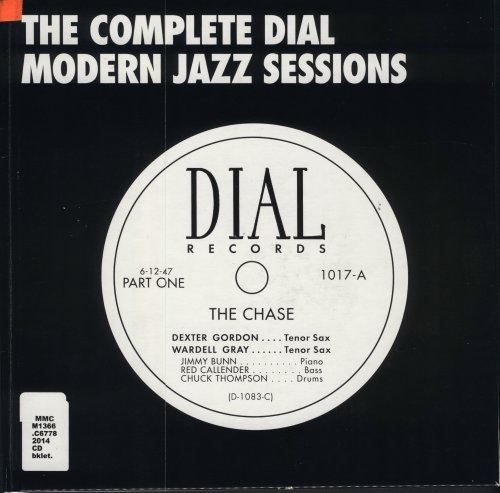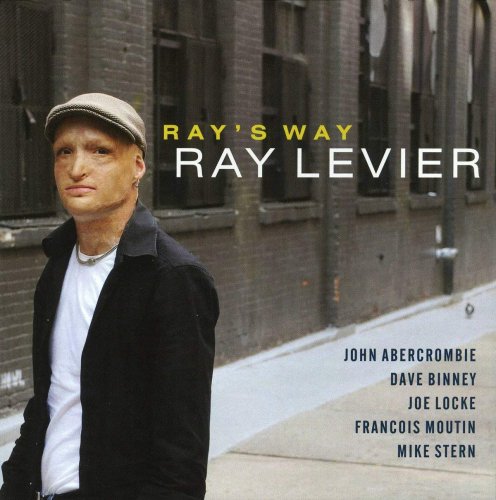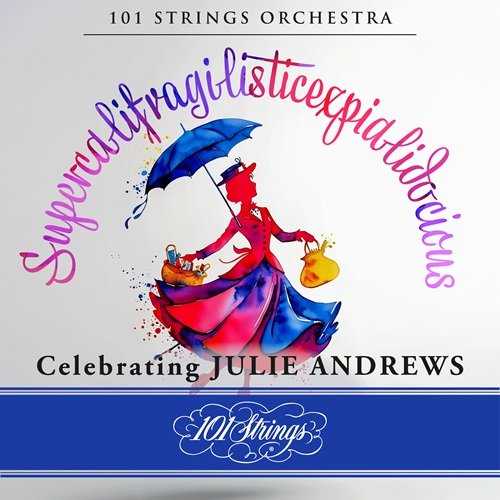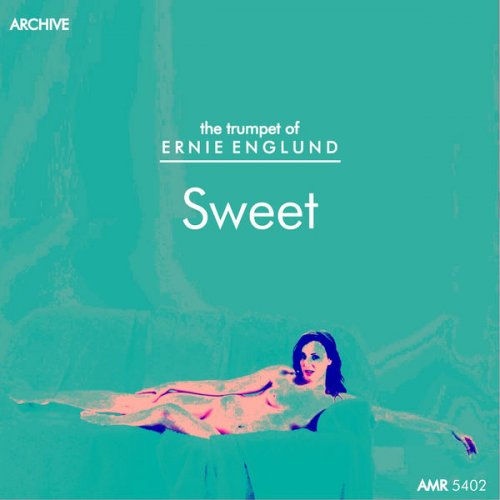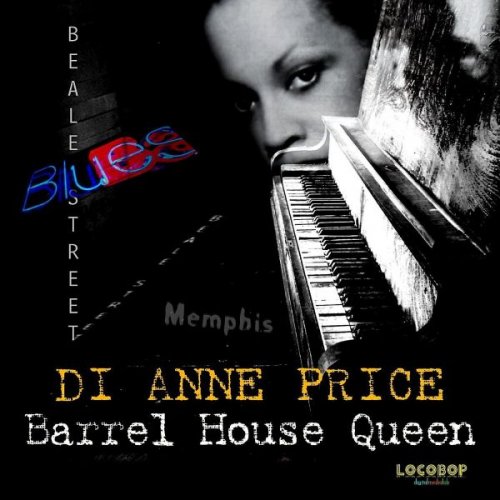Thea King, Nicholas Bucknall - Tausch, Süssmayr: Clarinet Concertos (2004)
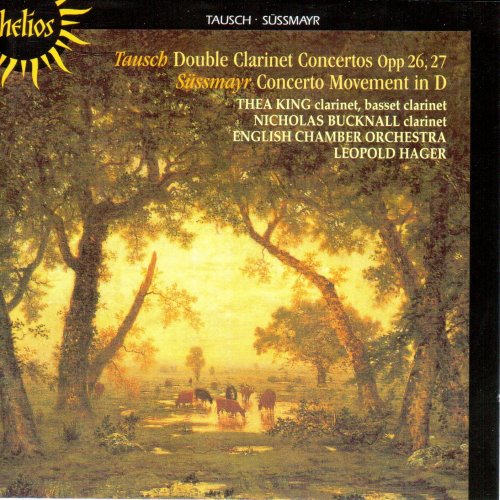
Artist: Thea King, Nicholas Bucknall
Title: Tausch, Süssmayr: Clarinet Concertos
Year Of Release: 1991 (2004)
Label: Hyperion
Genre: Classical
Quality: FLAC (tracks)
Total Time: 57:31
Total Size: 279 Mb
WebSite: Album Preview
Tracklist: Title: Tausch, Süssmayr: Clarinet Concertos
Year Of Release: 1991 (2004)
Label: Hyperion
Genre: Classical
Quality: FLAC (tracks)
Total Time: 57:31
Total Size: 279 Mb
WebSite: Album Preview
Franz Wilhelm Tausch (1762-1817)
01. Concerto No.1 in B flat major for two clarinets, Op.27 - I. Allegro [0:11:37.52]
02. Concerto No.1 in B flat major for two clarinets, Op.27 - II. Adagio [0:05:04.38]
03. Concerto No.1 in B flat major for two clarinets, Op.27 - III. Rondo- Allegro [0:07:47.15]
Franz Xaver Süssmayr (1766-1803)
04. Concerto movement in D major for basset clarinet - Maestoso, Allegro moderato [0:09:55.27]
Franz Wilhelm Tausch (1762-1817)
05. Concerto No.2 in B flat major for two clarinets, Op.26 - I. Grave, Allegro [0:11:53.00]
06. Concerto No.2 in B flat major for two clarinets, Op.26 - II. Adagio [0:03:11.15]
07. Concerto No.2 in B flat major for two clarinets, Op.26 - III. Rondo- Allegro moderato [0:08:05.63]
Performers:
Thea King - clarinet, basset clarinet
Nicholas Bucknall - clarinet
English Chamber Orchestra
Leopold Hager – conductor
Franz Tausch, born in 1762, was a clarinettist in the Mannheim orchestra and then in Munich and Berlin, where he died in 1817; he was the son of a clarinettist and the father of one. He certainly writes for the instrument as though it was in his blood. The Op. 27 Concerto, dating from just before the end of the century, is believed to be the earlier of the two, an assumption its style bears out. It is a charming and quite unassuming piece, full of writing in mellifluous thirds in its opening movement, with burbling arpeggios passing from one clarinet to the other and appealing echo writing. There are one or two modulations of the kind we could describe as Schubertian. In the slow movement there is a hint of the folksy in the slightly sentimental opening melody, and a general air of gentle pathos, while the final rondo is witty and tuneful.
The Second Concerto, Op. 26 proclaims its later date at once in a pompous, rather pretentious slow introduction (the rot had set in with Beethoven, as Britten once remarked), and the music is more spacious and more ambitious, with greater eloquence attempted in the Adagio; its finale is a set of variations on a frolicsome theme, with a more serious interlude at one point. Tausch evidently played these works with his son. The musical style is distinctly post-Mozartian but lightweight and lyrical; Weber's clarinet writing is just round the corner (Baermann. Weber's friend, was a pupil of Tausch's). The playing here is graceful and technically very accomplished; I can't imagine a more beguiling account of the music and every lover of the clarinet will certainly want to have this CD.
The Stissmayr concerto movement is even more of a curiosity. Almost certainly written in 1791 for Mozart's friend Anton Stadler (it calls for the extra low notes available on his unusual `bassett clarinet'), it was left unfinished—StIssmayr had other, perhaps more urgent work, at the end of that year—and Michael Freyhan has completed it in a tasteful and convincing reconstruction of Siissmayr's style (more convincing than Siissmayr managed of Mozart's). Of course, the music is strongly influenced by Mozart, and Stissmayr has quite a few specific echoes of his master's voice, notably from the Clarinet Concerto, of course; but the invention does not have much individuality of character, and there are some mildly banal moments and a bit of note-spinning here and there. Nevertheless, the music is often attractive and it is good to hear it; and again the performance leaves nothing to be desired.
The Second Concerto, Op. 26 proclaims its later date at once in a pompous, rather pretentious slow introduction (the rot had set in with Beethoven, as Britten once remarked), and the music is more spacious and more ambitious, with greater eloquence attempted in the Adagio; its finale is a set of variations on a frolicsome theme, with a more serious interlude at one point. Tausch evidently played these works with his son. The musical style is distinctly post-Mozartian but lightweight and lyrical; Weber's clarinet writing is just round the corner (Baermann. Weber's friend, was a pupil of Tausch's). The playing here is graceful and technically very accomplished; I can't imagine a more beguiling account of the music and every lover of the clarinet will certainly want to have this CD.
The Stissmayr concerto movement is even more of a curiosity. Almost certainly written in 1791 for Mozart's friend Anton Stadler (it calls for the extra low notes available on his unusual `bassett clarinet'), it was left unfinished—StIssmayr had other, perhaps more urgent work, at the end of that year—and Michael Freyhan has completed it in a tasteful and convincing reconstruction of Siissmayr's style (more convincing than Siissmayr managed of Mozart's). Of course, the music is strongly influenced by Mozart, and Stissmayr has quite a few specific echoes of his master's voice, notably from the Clarinet Concerto, of course; but the invention does not have much individuality of character, and there are some mildly banal moments and a bit of note-spinning here and there. Nevertheless, the music is often attractive and it is good to hear it; and again the performance leaves nothing to be desired.
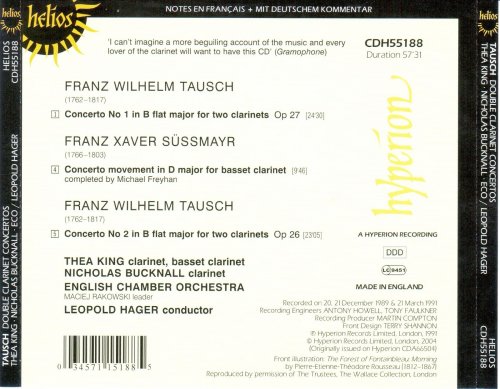
DOWNLOAD FROM ISRA.CLOUD
Thea King, Nicholas Bucknall - Tausch, Süssmayr Clarinet Concertos (2004).rar - 258.4 MB
Thea King, Nicholas Bucknall - Tausch, Süssmayr Clarinet Concertos (2004).rar - 258.4 MB
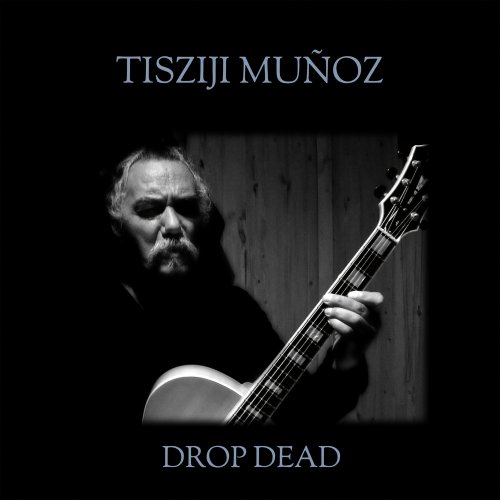
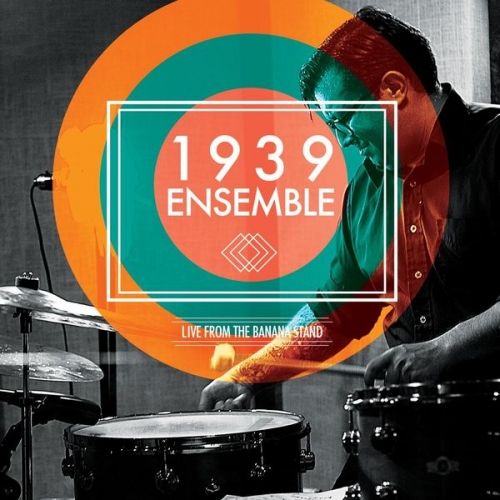
![McLuhan - Anomaly (2024) [Hi-Res] McLuhan - Anomaly (2024) [Hi-Res]](https://img.israbox.com/img/2026-01/03/17fkljtfa21kq63ydiyulo6tc.jpg)

